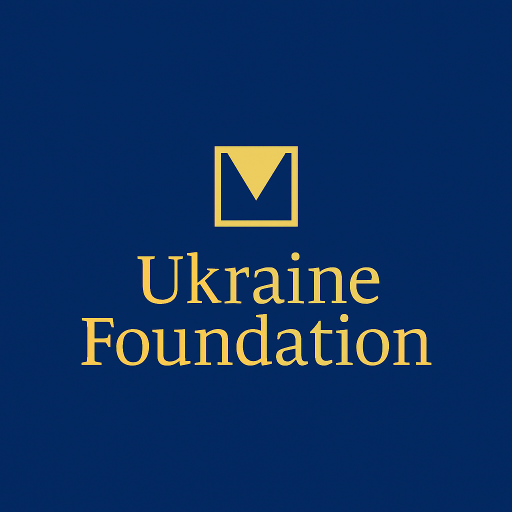Ukraine Foundation
Inspiring Change, Driving Impact
Daniel R. Little is an international executive, educator, and security specialist with extensive experience advising governments, international organizations, and the private sector on issues of global risk, including conflict, diplomacy, energy, technology and trade.
He has engaged Heads of State, Ministers, Parliamentarians, Diplomats, Secretaries-Generals, Heads of Directorates, military and corporate leaders on critical security challenges and cooperation on policies related to defense, energy, law enforcement, technology and trade.
Daniel Little currently contributes research and analysis to the NATO Science and Technology Organization based in Paris which focuses on energy and security initiatives spanning Eastern and Western Europe, the Black Sea region, the Middle East, and the Arctic Circle. He recently led the capstone panel at the NATO Energy Security Symposium, addressing the strategic implications of a ceasefire in the Russia–Ukraine conflict. In addition, he serves as a Board Member at the Research Institute of European and American Studies based in Athens. He has 22 peer-reviewed publications.
During his military service, he served as Head of NATO Planning at the Warrior Preparation Center, U.S. Forces – Europe, where he planned, coordinated and contributed to multinational operations with NATO-level Corps Headquarters. These include events in Afghanistan, Balkans, Middle East and Ukraine. Upon departure from the U.S. Army War College, he served in the Pentagon. As a Research Fellow at the Virginia Polytechnic Institute and State University (Virginia Tech), he advised U.S. federal agencies, international organizations, and foreign law enforcement on counter-narcotics, human trafficking, IED and weapons smuggling, money laundering, and counter-proliferation of WMD. His efforts facilitated a landmark 20-nation interoperability agreement between the Central Asian Regional Information and Coordination Centre and the former Southeast Europe Cooperative Initiative to combat transnational crime – an agreement ratified by the parliaments of each respective country. His efforts were recognized at the United Nations General Assembly’s Counterterrorism Directorate and the UN1540 Committee on Non-Proliferation.
In the private sector, Daniel Little has performed managerial and executive roles related to defence and advanced technology. Currently, he is at the American-Eurasian Exchange Company where he consults firms involved in Artificial Intelligence, Cybersecurity and Information Technology. He has supported the annual Wharton Aerospace Conference at the University of Pennsylvania, spent time as a Research Affiliate at George Mason University’s Serious Games Initiative (specializing in Artificial Intelligence, Machine Learning, Gaming and Strategic Technology) and taught Political Science at Gettysburg College as an Adjunct Professor.
Daniel Little holds a Joint Executive MBA from Northwestern University’s Kellogg School of Management and WHU in Vallendar, Germany. He studied International Relations at St. Catherine’s College, University of Cambridge. From his doctoral studies at Virginia Tech, he continued his education as a PhD Fellow at Maastricht University/United Nations University (UNU-MERIT). Currently he is working on his dissertation as a Manse Scholar at the University of Southern Denmark, Center for War Studies.
Daniel Little is fluent in English and has working knowledge of several European languages.
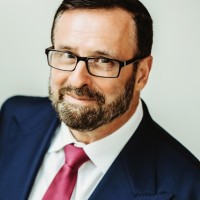
New York: Read the latest publication with Asia Society of our International Advisory Board member, Ambassador Pierre Andrieu on China-Russia Relations since the Start of the War in Ukraine.
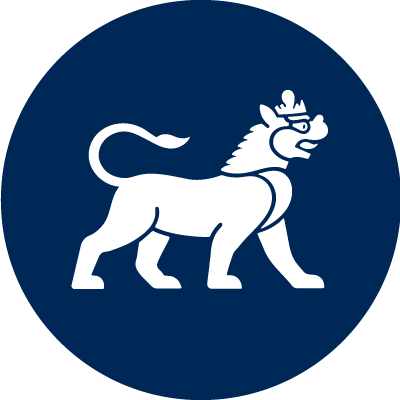
In his August 20, 2025 Asia Society report “China-Russia Relations Since the Start of the War in Ukraine,” our International Advisory Board Member, Ambassador Pierre Andrieu, Senior Fellow at Asia Society Policy Institute’s Center for China Analysis, scrutinizes how Russia’s invasion of Ukraine has accelerated Sino-Russian cooperation -particularly through the rapid deepening of trade, sanctions circumvention, and the poignant asymmetry of the relationship despite the “no-limits” rhetoric that preceded the conflict.
China-Russia Relations Since the Start of the War in Ukraine – August 20, 2026
Doha: Watch our International Advisory Board Member, Dr. John A. Pennell, commenting to Al Jazeera on the Alaska Summit
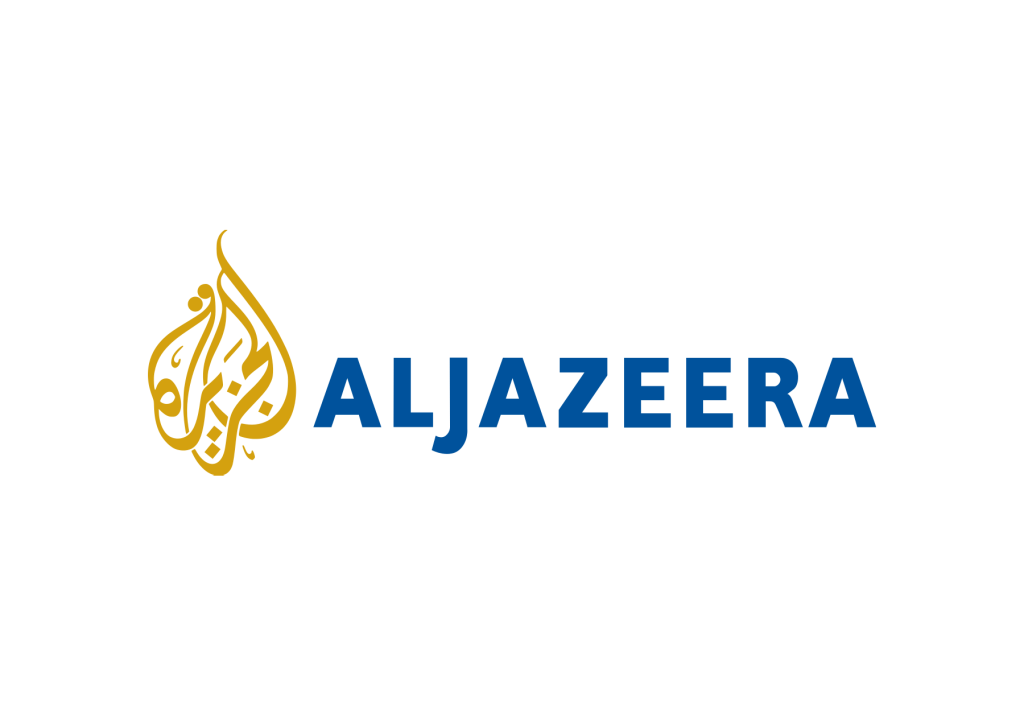
Princeton University & Modern War Institute At West Point: Dr. Mariya Heletiy Publishes “The Balkans Model and Conditions for Peace in Ukraine” In the Irregular Warfare Initiative
We are proud to share the latest contribution from Dr. Mariya Heletyi, whose new article has been published by the Irregular Warfare Initiative, a joint project of Princeton University’s Empirical Studies of Conflict and the Modern War Institute at West Point.
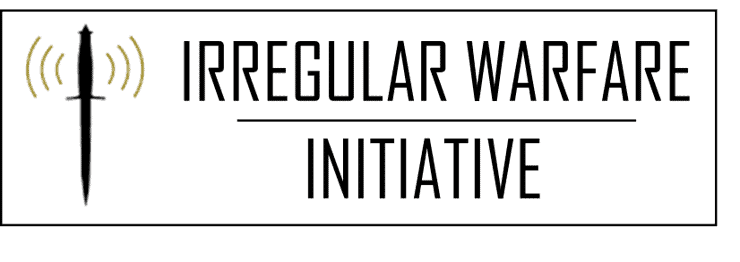
In “The Balkans Model and Conditions for Peace in Ukraine,” Dr. Heletiy draws on the experience of the Balkan conflicts to analyze the irregular warfare nature of Russia’s invasion of Ukraine and what it means for peace-building. Her analysis offers a sobering but necessary perspective: that peace in Ukraine cannot be built on traditional negotiations alone.
Using the backdrop of Russia’s repeated violations of ceasefire agreements -most recently its broken “Easter truce”- Dr. Heletiy argues that today’s hybrid conflicts require more than diplomatic handshakes. The war in Ukraine spans far beyond the battlefield, touching diplomatic, informational, economic, humanitarian, and military fronts. As she points out, ceasefires in irregular conflicts often serve less as a path to peace and more as a pause for regrouping and rearming.
Drawing lessons from the Balkans, Dr. Heletiy proposes that irregular warfare tools -such as economic pressure, information campaigns, and unconventional tactics- must be part of any comprehensive strategy for sustainable peace. Her article warns against the false comfort of conventional approaches that do not account for the ideological drivers, asymmetries, and non-state actors that continue to shape today’s conflicts.
We encourage everyone interested in peace and security in Ukraine and beyond to read Dr. Heletiy’s full piece, which brings deep insight and strategic clarity to one of the most pressing issues of our time.
Check out Maksym Beznnosiuk’s latest publications and media appearances
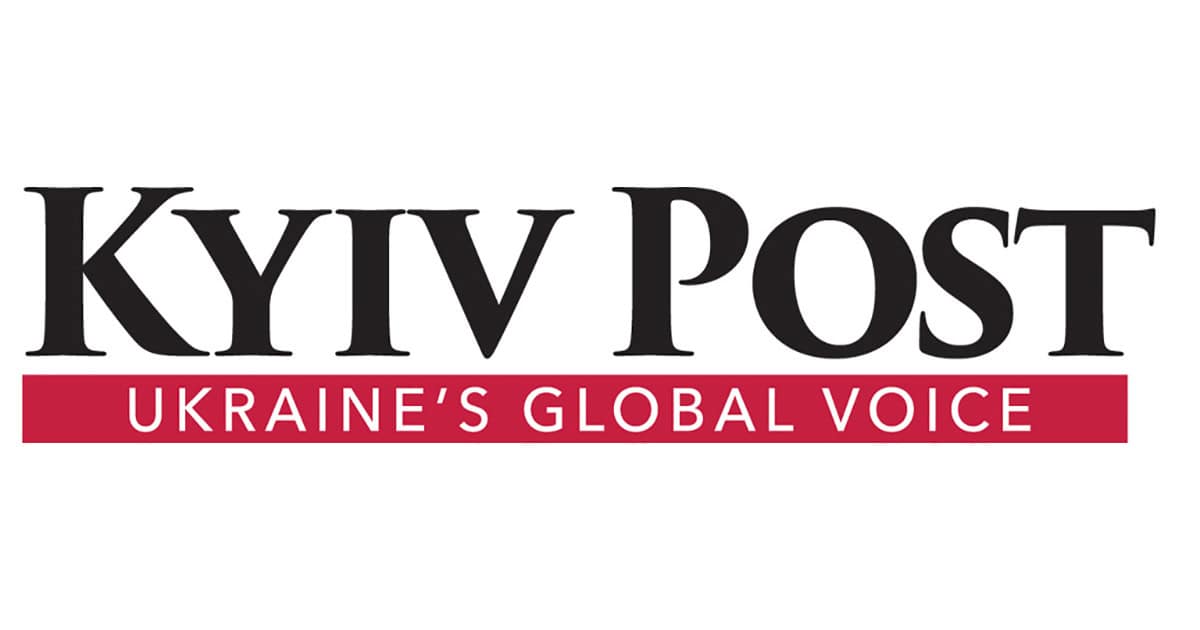
The Kremlin’s Drone War Has Gone Strategic: Ukraine Must Brace Itself for an Onslaught – August 5, 2026
The Kremlin’s Drone War Is Now a War on Ukraine’s Resilience – July 26, 2025
Russia’s Drones Campaign Part of Its Hybrid Warfare Strategy – June 26, 2025
G7 NB: Kremlin’s Hectic Summer Offensive Preparation and Looming Humanitarian Crisis – June 16, 2025
Negotiating Under Fire: The Kremlin’s Offensive Diplomacy – June 1, 2025
Istanbul Deception: Kremlin’s Peace Talks’ Trap – What West Must Do About It – May 20, 2025
Why the Kremlin’s Peace Narrative Is Strategic Deception – May 12, 2025
FAQs
What is the focus of Ukraine Foundation’s work?
Ukraine Foundation is an independent, mission-driven research and impact organization dedicated to advancing peace, resilience, and innovation in Ukraine. Our work combines rigorous policy research with practical initiatives that strengthen Ukraine’s international partnerships, support innovation and technology, and promote cultural resilience amid the ongoing war.
How does the Foundation turn research into impact?
We believe research should lead to real-world change. Our policy programs —Ukraine in Europe, China in Ukraine, and Ukraine in the Global South— produce insights that shape international dialogue and policy. At the same time, our impact initiatives foster cooperation between governments, businesses, academia, and civil society, ensuring that ideas translate into action for Ukraine’s security, prosperity, and influence.
How can individuals and organizations engage with the Foundation?
Engagement is central to our mission. Partners, experts, and supporters can collaborate through joint research projects, public events, and strategic initiatives in innovation and culture. We also welcome contributions to our programs that amplify Ukraine’s voice globally and strengthen its resilience at home.
How can I support Ukraine Foundation?
You can support our mission by contributing financially, partnering on research or impact projects, or amplifying our work through your professional networks. Every contribution -whether funding, expertise, or visibility- helps us strengthen Ukraine’s resilience and global partnerships.
Does Ukraine Foundation accept volunteers or research fellows?
Yes. We welcome dedicated professionals, researchers, and students who want to contribute to our policy and impact agenda. Opportunities range from short-term projects and fellowships to longer-term engagement with our programs and initiatives.
How can organizations collaborate with the Foundation?
We actively partner with think tanks, universities, governments, businesses, and NGOs to co-develop research, host events, and implement projects that drive meaningful change. Organizations interested in collaboration can reach out to us directly to explore tailored partnerships.
